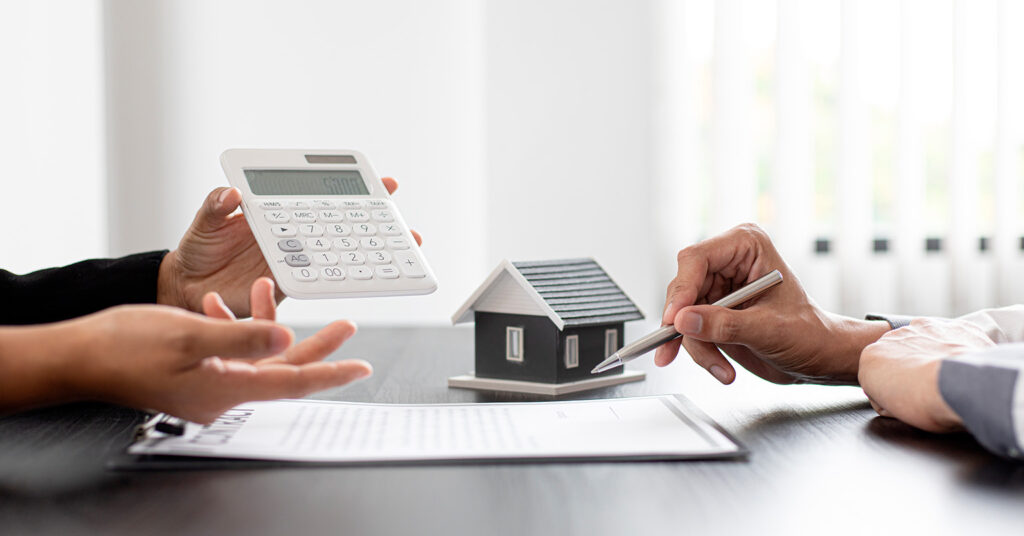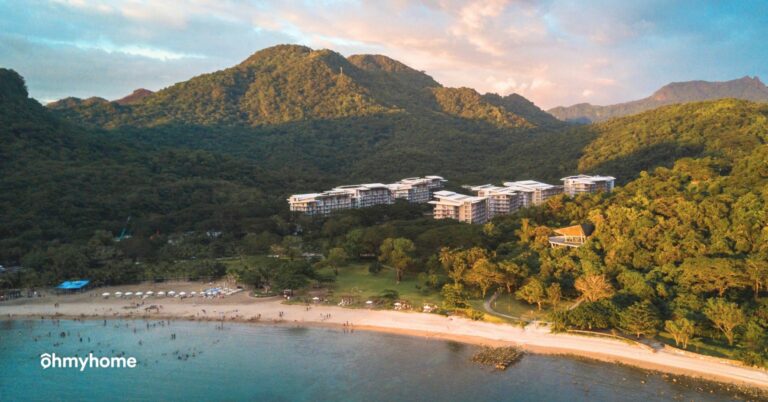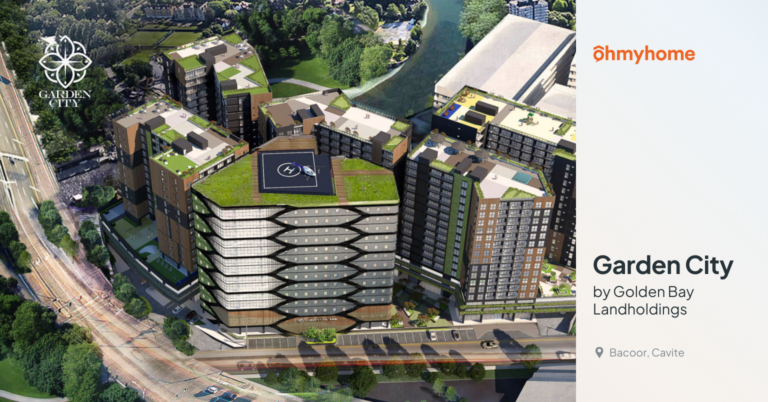So you’ve decided you’re buying a house. You have the downpayment ready, there’s a bank loan with your name on it. But, is that all there is when purchasing property? As soon as they realize that there’s more to buying a house than simply plunking a 20% downpayment, many owners suddenly experience sticker shock. When the time comes for signing the documents, many realize that they’re on the hook for a host of other taxes, fees, and charges that need paying up before the ink dries on your deed of sale.
Here are some of the taxes and fees that usually come with buying a house in the Philippines:
Real Property Tax
This one is pretty standard and isn’t really part of the process of buying a house. However, once a person buys that house, they become liable for the annually recurring real property tax for that property. The simple computation of the RPT is 1% (2% if located in Metro Manila) of the fair market value of the property multiplied by the assessment rate. For residential homes, the assessment remains capped at 20% while for business/industrial properties is at 50%.
In addition, the local government may apply other surcharges depending on the property’s location. RPTs are usually due by the end of the first quarter, so house hunting might be a good idea during the second half of the year, especially if the seller already paid for the current year.
Transfer Tax

For every individual buying a house, the government automatically slaps a tax on the transaction. Also known as the transfer tax, this fee is payable upon the completion of the sale. The amount depends on the location of the property but is commonly between 0.5% to 0.75% of the selling price or fair market value, whichever is higher. The buyer is the one liable for the payment of the transfer tax.
Title Registration Fee
This fee is often a prerequisite before the buyer can pay the transfer tax. The fee involves the cost of changing the property’s duly registered owner from the seller to the buyer. Usually, the title registration fee is next after the buyer settles the taxes on the sale and collects the Certificate Authorizing Registration (CAR) and Tax Clearance (TCL) from the BIR. The actual amount is based on a computation table issued by the Land Registration Authority. Any property worth below P1.7 million has a corresponding fee indicated. Those over P1.7 million will need to pay P8,796.00 plus an additional P90.00 for every P20,000.00 or fraction in excess of P1.7 million.
Documentary Stamps Tax
Buying a house means a lot of official documents. This means having documents notarized by a lawyer and paying the documentary stamps tax. For property purchases, the DST usually applies to the Deed of Absolute Sale signed by the buyer and the seller. The tax costs 1.5% of the selling price or fair market value of a house. The buyer is on the hook for this one as well.
Capital Gains Tax

This time, it’s the seller that gets pinched for the capital gains tax. By definition, this is the tax applied to persons or entities that increased their value through the sale of a property. In short, the government will want a cut of the money a seller earned by selling off a house, land, or any other property. The capital gains tax is computed at 6% of the selling price or the fair market value of the property is payable upon completion of the sale. While the seller is legally responsible for the payment, it’s not uncommon for sellers to include the cost in their asking price.
Brace Yourself for Additional Expenses If You’re Buying a House
Let’s say you’re buying a house worth a million pesos. If we put in the taxes and fees listed above, you’ll likely receive a government bill for a minimum of P103,236. Broken down, they include the following:
- Transfer Tax (at a median 6.25%) = P62,500
- Documentary Stamps Tax (1.5%) = P15,000
- Title Registration Fee (per LRA table) = 5,736
- Real Property Tax (2% annually) = P20,000
If the seller tacks the capital gains tax on your purchase price, expect an additional P60,000 for your purchase. For a P1 million property, you’re looking at P163,236. And in all honesty, how many properties in the metro are still selling for less than a million pesos? Better start including these fees in your plans before you start the paperwork on your dream house.






















































